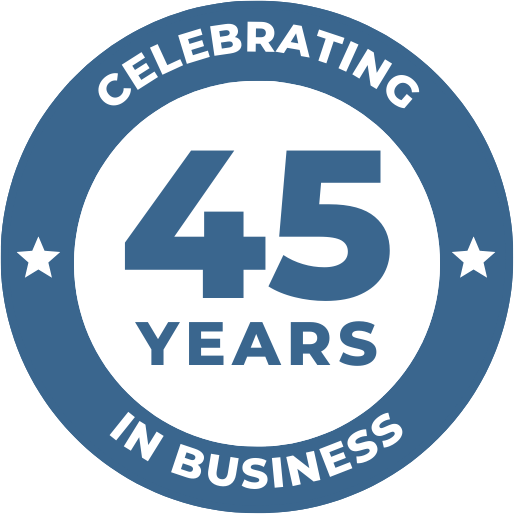Is Factoring Right For Your Company?
Business owners trying to obtain working capital to finance their business operations usually apply for a small business loan or line of credit. But if they can’t get approved there are also some alternative finance options to help their company get a quick infusion of cash.
One form of small business finance is factoring also known as accounts receivable financing. Factoring can be a viable option for a business to get cash when they need it most—but it’s important to be aware all that is involved before committing to work with a factoring company.
Factoring is a unique type of financial service where companies can get money by trading their current unpaid invoices to a factoring company who then collect payments on the businesses behalf. With factoring, instead of getting paid directly by the customers the company agrees to give the eligible receivables to the factor who gives a certain percentage of cash upfront as of the total value of the outstanding receivables. The company no longer has to wait 30 or 60 days and sometimes longer to be paid by their customer.
How Factoring Works
A company needing immediate cash has $100,000 in eligible accounts receivables. The business could sell these receivables to a factor, who would then pay on average 85% of the value of the receivables upfront. When the factor receives direct payment from the customer the factor collects a fee from the remaining 15% called the reserve and the business receives the rest.
Factors fees usually range anywhere from 1% -6% for 30 days. Most factoring companies charge additional fees the longer an invoice remains outstanding.
Things to Consider
Factoring is actually a very old form of business financing and very common in certain industries where slow-paying receivables are the norm. While factoring can be a good option for a company to raise an immediate cash flow there are a number of things to consider.
Benefits of factoring include:
- Immediate Cash: Factoring gives a company immediate cash when they need it most. Instead of waiting for a customer to pay their bills, a business can get paid immediately.
- No Loans: Factoring is not the same as a loan—it does not affect the business or guarantors credit score and there are no required payments. Factoring is just a simple trade: a percentage of future profits in exchange for immediate cash.
- No Loss of Equity: Factoring does not require a business to give up any percentage of the company or share equity as it might with traditional financing options. Instead factoring can be a one-time decision to get cash for a specific business goal, or to recover from a temporary financial setback.
Some negatives:
- Reputational Risks: When a business works with a factor its customers are notified that the factor is now responsible for collecting their payment. More often than not this is not a problem—factoring is a legitimate and longstanding business practice. But some customers might get confused, or start to worry that the business is having cash flow problems, or wonder if your company is at risk for going out of business. It is important for the business to communicate upfront with the customers if they decide to use factoring.
- Costs: Factoring is not inexpensive. Factoring can run from 1% – 6% for 30 days. Depending on the terms of the agreement the total costs of receivables financing can be significant. Make sure to read the fine print and understand the agreement before committing.
Factoring can be a worthwhile solution to help your company obtain much needed cash without the long-term commitments. Just be sure to understand all the details, costs, and risks before you sign on to the factoring agreement.







